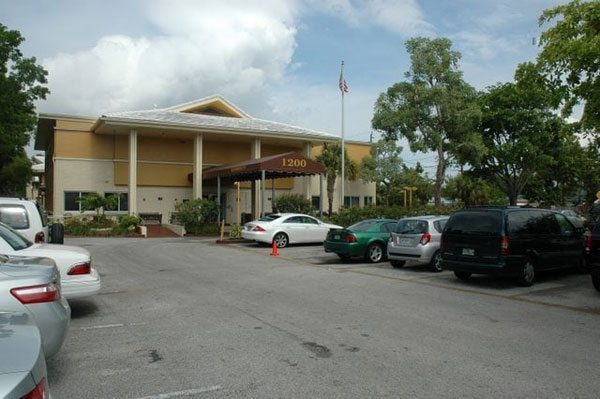
September 25, 2017; Miami Herald
A new lawsuit—surely only the first of what may become many lawsuits to be filed resulting from the recent deaths of 11 elderly patients at a Florida nursing home in the wake of Hurricane Irma—points to what can happen when regulation fails to protect the vulnerable or when the regulations in place are insufficiently enforced.
In the aftermath of Hurricane Irma, 93-year-old Miguel Franco was among the eight rehab center residents who died on September 13th after the facility lost its air conditioning and turned into a sweltering death trap, according to state authorities. Franco’s 90-year-old wife, Cecilia, survived, unaware of her husband’s fate. Three more residents died last week.
On Friday, the Franco family joined a growing list of victims who have sued the nursing home in wrongful-death and negligence actions.
Sign up for our free newsletters
Subscribe to NPQ's newsletters to have our top stories delivered directly to your inbox.
By signing up, you agree to our privacy policy and terms of use, and to receive messages from NPQ and our partners.
Criminal investigations have commenced, and the facility’s license to operate has been suspended by the state of Florida, also leaving them unable to receive reimbursement payments from Medicaid. Suffering severe power outages following Hurricane Irma, the Rehabilitation Center at Hollywood Hills is alleged to have not moved quickly enough to protect frail, elderly patients from rising Florida temperatures in the immediate aftermath of the hurricane.
The administrators at the facility, which is owned by Larkin Community Hospital in South Miami, acknowledged they did not call 911 emergency services until the wee hours of September 13th, when a series of patients began suffering from cardiac arrest and respiratory failure after three days of exposure to excessively high temperatures.
U.S. News and World Report described the Rehabilitation Center as being “a large facility with 152 beds and has for-profit, corporate ownership.” Further, their researchers ranked the facility with a 1.8 out of 5 stars for senior care, citing a history of numerous complaints and violations, well over the state and national averages.
Would there have been a different outcome if this had been a nonprofit nursing home instead of a for-profit? Hard to say, but there is a significant body of research on the higher level of care found in general in nonprofit facilities vs for-profit. NPQ has written numerous articles on other similar studies that examine the effects that the profit motive has on staffing (lower per capita) as it correlates to care and on billings to Medicaid (higher than for nonprofits). Examples from New Jersey and Washington, DC, among other locales, bear this out. In Washington, “for-profit nursing homes were 60 percent more likely to be cited by state inspectors for health and safety violations than nonprofits.”
The Florida example is a tragedy upon a tragedy. In addition to the devastation to property caused by hurricane-force winds, families and individuals are now left to deal with what could’ve been likely preventable deaths. Florida’s governor has since imposed new rules requiring generators for use in facilities in the event of a power outage.—Jeannie Fox













